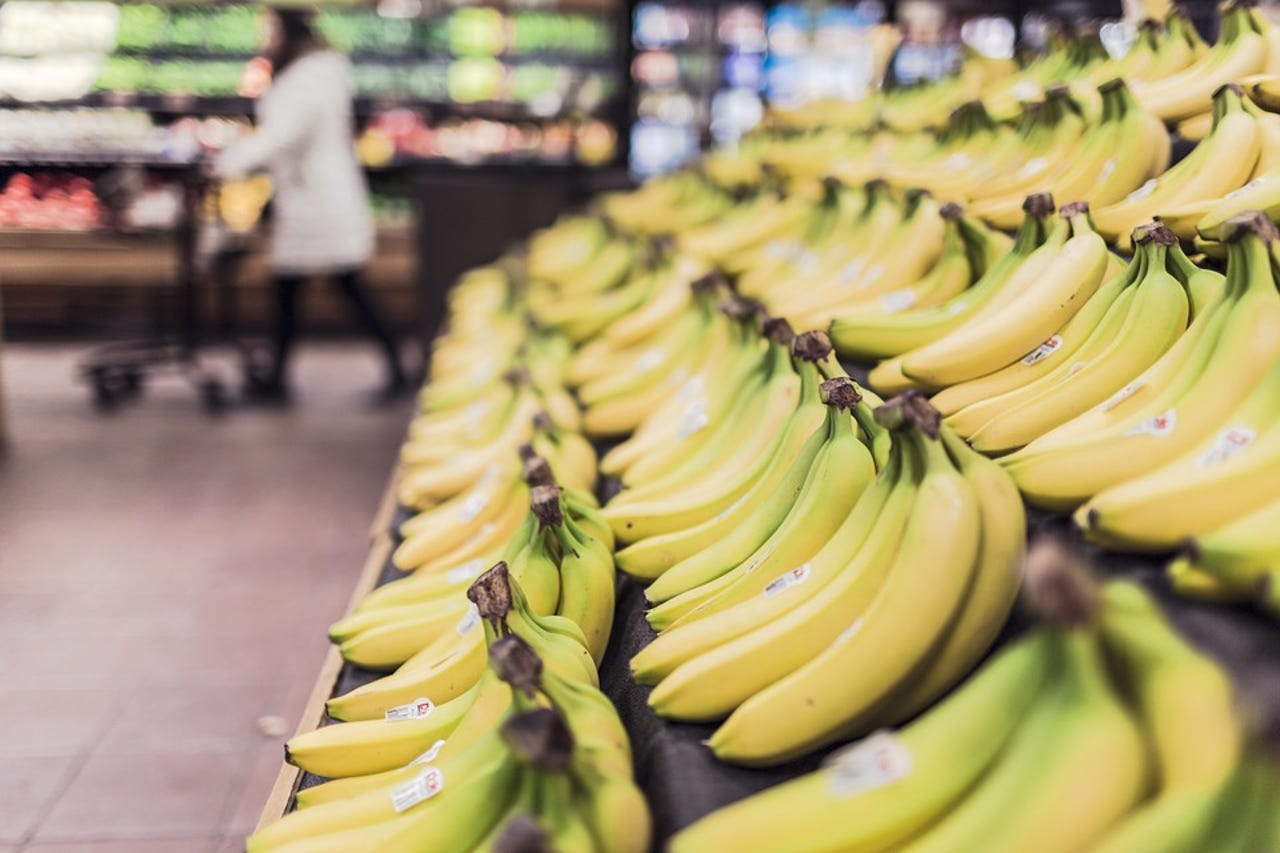Queensland government deploying digital meters to reduce spread of banana disease


The Queensland government has announced it is deploying Ergon Energy internet-connected meters in the state's northern region as a "significant" step towards helping local farmers minimise the spread of Panama disease, a fungus that affects the tissues of the banana plant.
Up to 600 meters will be installed in the Tully and Innisfail areas, where a majority of Australia's bananas are produced.
Due to Panama TR4 biosecurity concerns and strict quarantine measures, Ergon -- a subsidiary of government-owned power company Energy Queensland Limited -- made the decision to stop all entry of their contract meter readers onto farms and install digital meters that could be read remotely, Energy Minister Mark Bailey has said.
"Digital meters will avoid the need for meter readers to enter properties and therefore prevent the spread of the disease," the minister said in a statement.
There will be no cost to banana farmers for switching to digital meters; however, all affected farmers will be required to accommodate the switchover in the upcoming months.
"The meters will be read remotely using the 3G/4G telecommunication networks and where availability of those networks is limited, farmers will be asked to perform self-meter reads and communicate that information to Ergon," Bailey said.
"The digital meters will also allow faster access to data -- this can be used by farmers to make better decisions on tariff options and improve their energy consumption."
According to the Queensland government, about 85 percent of Australia's bananas are produced within a 100-kilometre radius of the Tully Valley, between Cairns and Townsville.
The rollout of the digital meters is expected to be completed by December.
Last month, the Queensland government said it had invested more than AU$120 million into agricultural research and development in 2016/17.
"The funds went directly to boosting business growth across the sector in close collaboration with industry priorities such as new varieties, crop protection, and farming systems," Acting Minister for Agriculture and Fisheries Leeanne Enoch said in a statement.
Enoch said at the time that the government is additionally "keen" to support the use of new technologies.
"The potential to use new technologies, such as unmanned aerial vehicles, to more accurately map disease and predict yields in vegetable crops, is just one of the many collaborative research projects underway integrating emerging technologies into existing production systems," she said.
In August, the Queensland government published a consultation paper on the implementation Australia's first whole-of-government Drones Strategy, addressing the technology's business opportunities and regulatory challenges.
According to Premier Annastacia Palaszczuk, feedback from the Queensland Drones Strategy Consultation Paper will be used to help direct future policy and determine how best to take advantage of the potential of drones in supporting economic and jobs growth.
"My government wants to take drone technologies to the next level and to see Queensland become a world leader in drone investment, research, and development," the premier said in a statement at the time.
The Queensland government amended the Agricultural Chemicals Distribution Control Act 1966 last year to allow the state's farmers to use drones to spray their crops. The changes to the legislation and the regulations that underpin it are expected to give Queensland farmers access to the most "innovative aerial spraying technology" available.
Under the amended legislation, both producers and contractors using unmanned aerial vehicles (UAVs) are required to comply with all label instructions when applying agricultural chemical products, as well as obtain required licences.
The legislation also requires that UAV spraying operations are only performed by pilots who are authorised by the Civil Aviation Safety Authority and hold qualifications that demonstrate a suitable level of chemical application competency.
The Queensland government also released its 10-year Agriculture and Food RD&E Roadmap Discussion Paper for public consultation in June, highlighting the state's current agriculture and food RD&E strengths, while identifying ways to prepare the agriculture and food sector for future challenges.